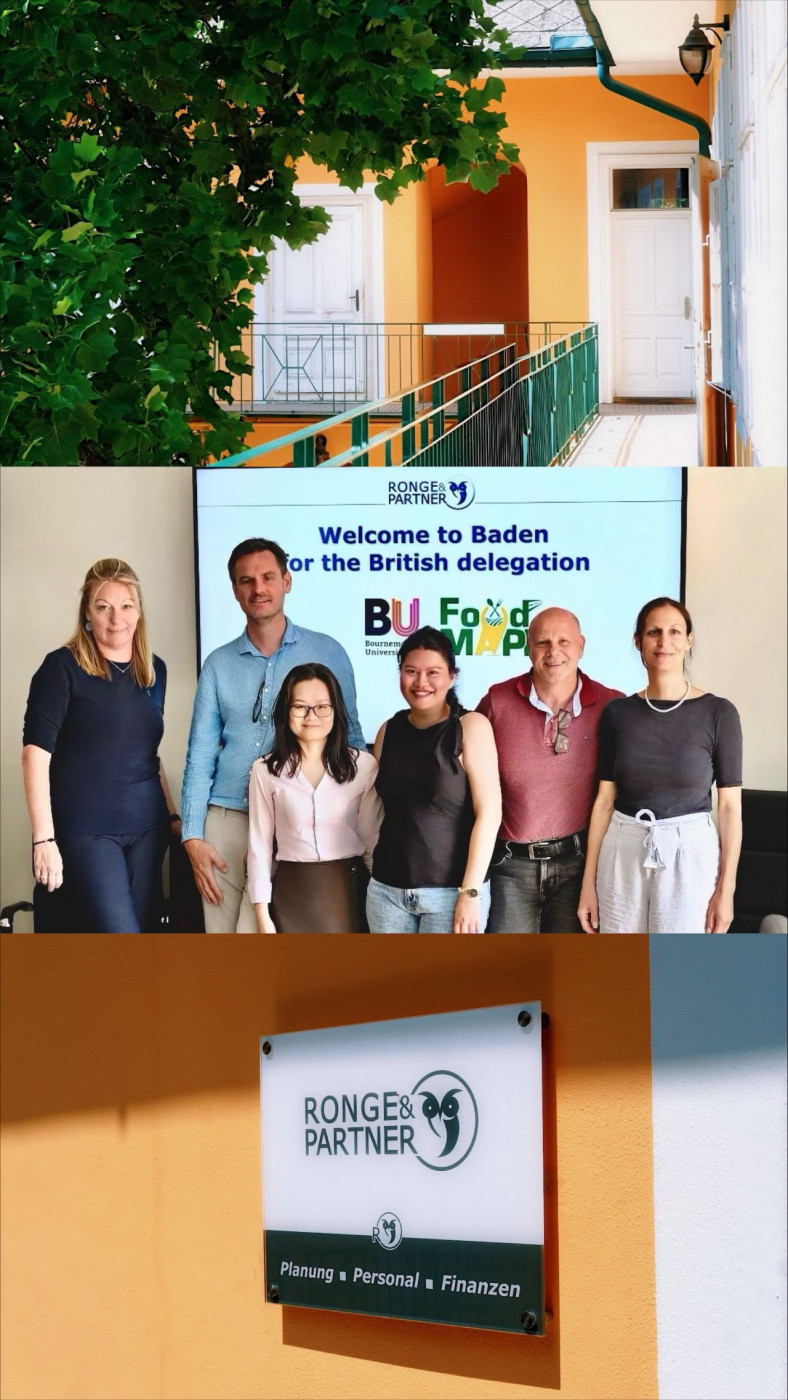 Our Bournemouth University team visited Baden, Austria, for a secondment with Ronge & Partner — Austria’s leading large-scale kitchen consulting firm. This was part of the EU-funded FoodMAPP project and the Marie Skłodowska-Curie Actions (MSCA) Staff Exchange, which connects research with industry.
Our Bournemouth University team visited Baden, Austria, for a secondment with Ronge & Partner — Austria’s leading large-scale kitchen consulting firm. This was part of the EU-funded FoodMAPP project and the Marie Skłodowska-Curie Actions (MSCA) Staff Exchange, which connects research with industry.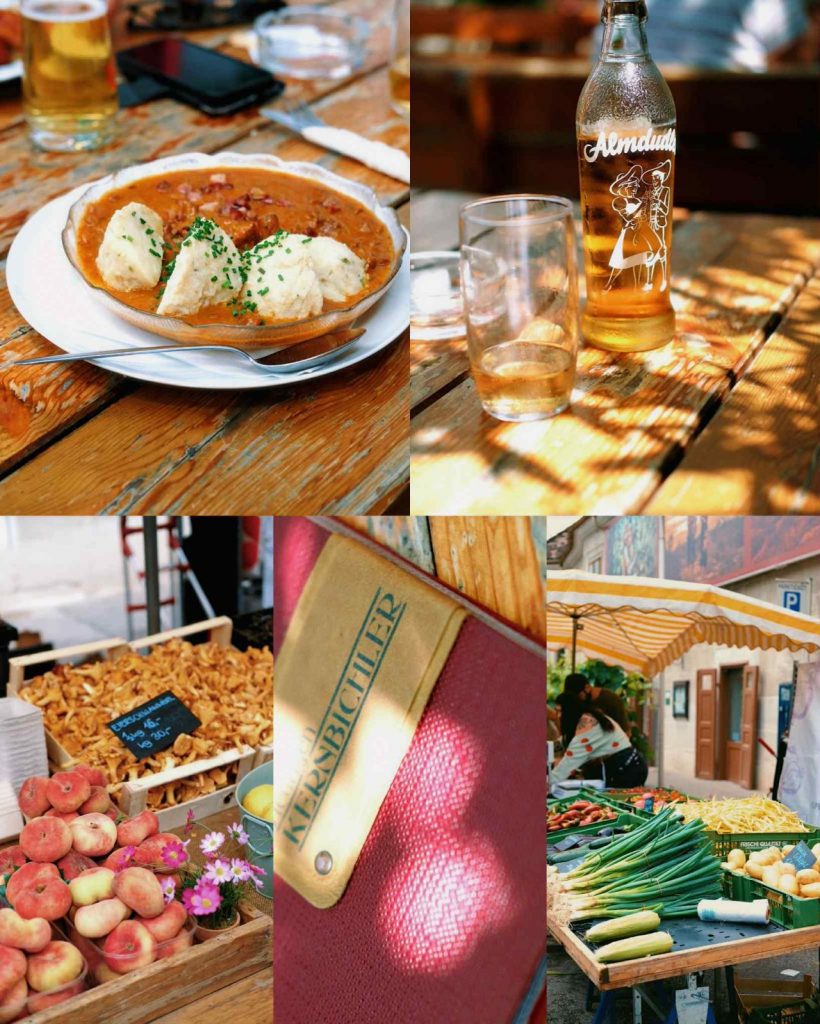
In Austria, Professor Melanie Klinkner (International Law), Professor Jeff Bray (Consumer Behaviour), Dr Quyhn Nguyen (Hospitality Management), and myself, Dr Guljira Manimont (Food Marketing and Advertising) discussed with Ronge & Partner to explore how food service practices can better support local sourcing. These discussions are shaping FoodMAPP’s interactive platform, which connects consumers with local producers to reduce waste and enhance traceability.
After this visit, Dr Quynh Nguyen and myself, Dr Guljira Manimont continued to Lyon, France, where we visited Institut Lyfe — a leading centre for hospitality, food service, and culinary arts education. Welcomed by Dr Maxime Michaud, Head of the Social Sciences team, and Calixte Engelberg, we toured the campus and explored how research can be integrated into hospitality training and industry practice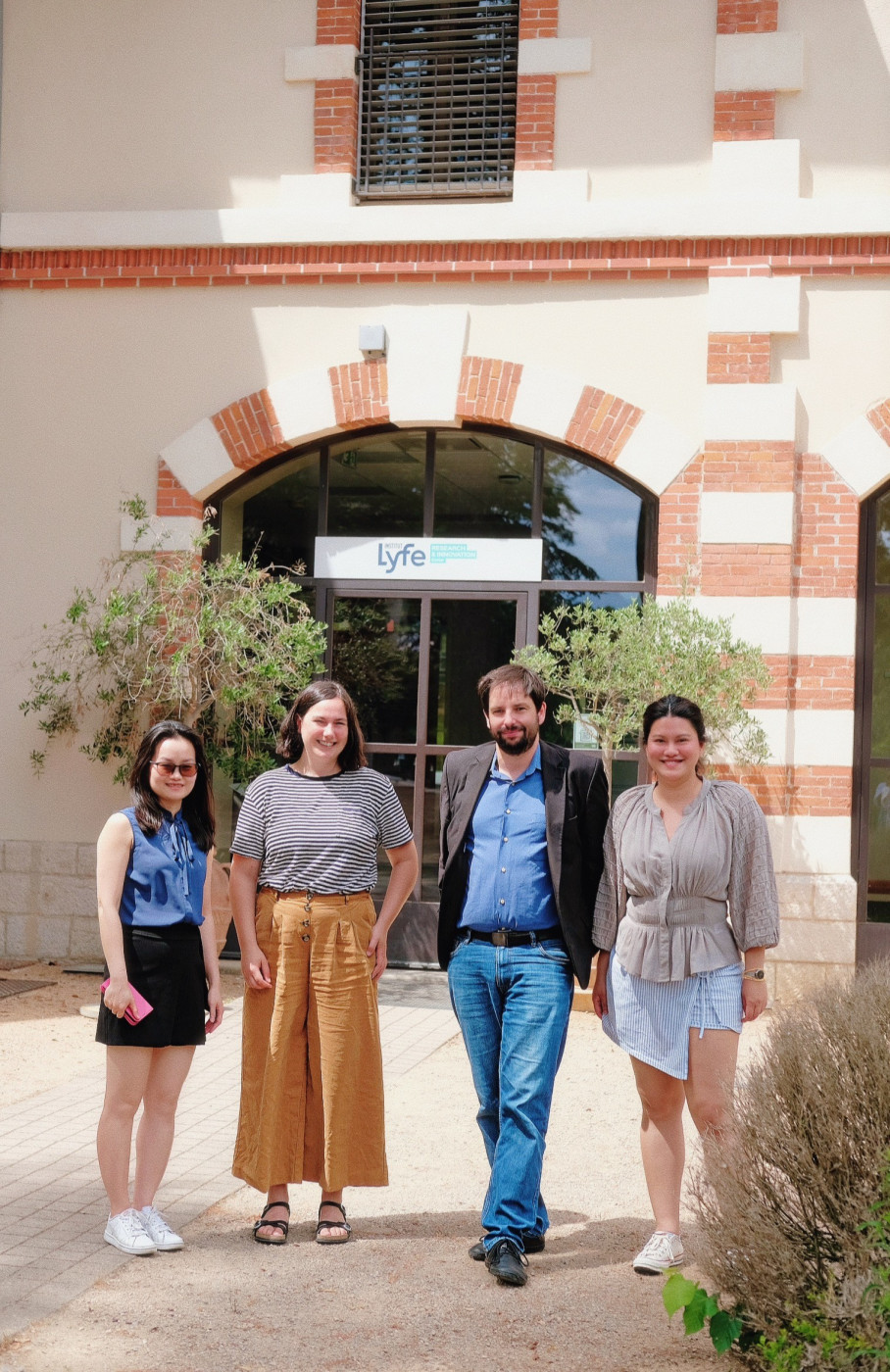 .
.
FoodMAPP is developing an interactive, map-based platform designed to connect consumers with locally produced food. This tool aims to reduce food waste, promote regional food economies, and improve food traceability. The secondment with Ronge & Partner, for example, provided us with valuable insights into the operational realities of the food service and kitchen design sector — a critical link between food producers and consumers.
The MSCA Staff Exchange programme has played a vital role in making this kind of exchange possible. It allows researchers to step outside the academic environment, test ideas in real-world settings, and build partnerships that help ensure our work delivers real, tangible impact.
As food marketing researchers (doing what we arguably do best), we took the chance to experience Austria’s food culture firsthand by visiting traditional Heurigen — small, family-run wine taverns known for their local wines, breads, cured meats, and fresh produce.
In Lyon, we focused on the city’s bakeries, sampling artisan breads that showcase the region’s strong food heritage. These moments brought home the real value of local and transparent food systems, which lie at the heart of FoodMAPP’s mission.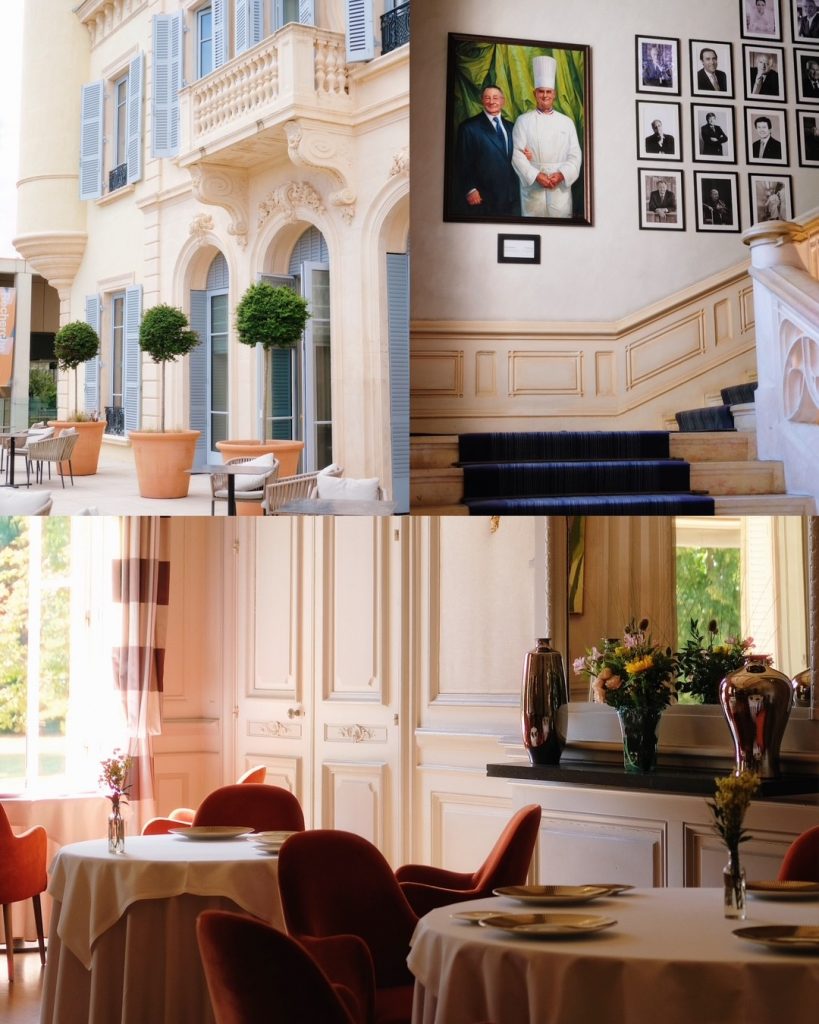
PS: Having spent four weeks based in these foodie spots, I compiled a list of favourite spots to eat and drink. If you’re ever in Vienna or Lyon, feel free to get in touch—I’d be happy to share it! 🙂
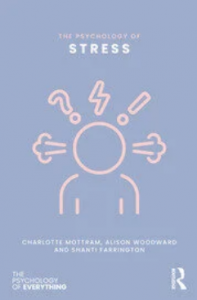 The international publisher Routledge published earlier this month a new book with the title: The Psychology of Stress [1]. The three authors of this excellent book are: Drs. Charlotte Mottram, Alison Woodward and Shanti Farrington. The latter two academics are based in Bournemouth University’s Psychology Department.
The international publisher Routledge published earlier this month a new book with the title: The Psychology of Stress [1]. The three authors of this excellent book are: Drs. Charlotte Mottram, Alison Woodward and Shanti Farrington. The latter two academics are based in Bournemouth University’s Psychology Department.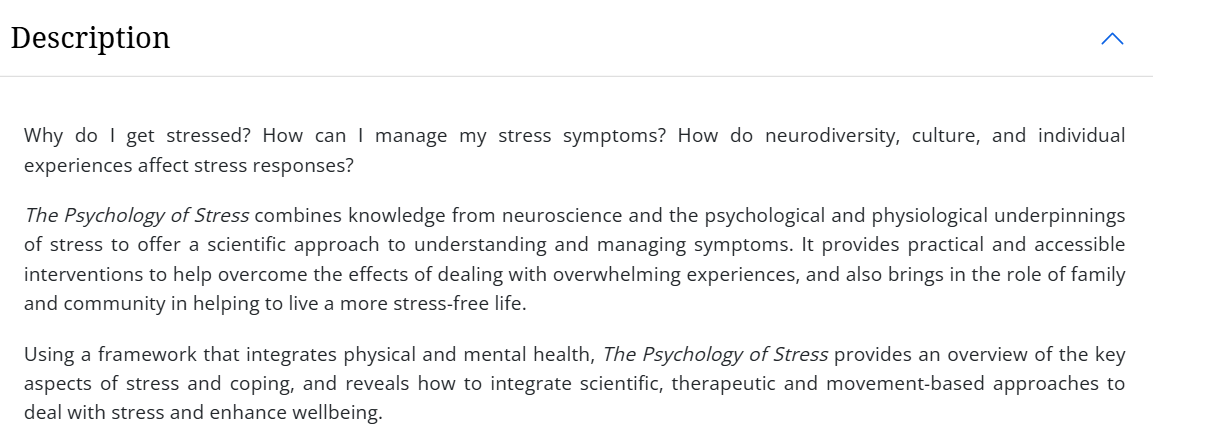 Well done and congratulations!
Well done and congratulations!



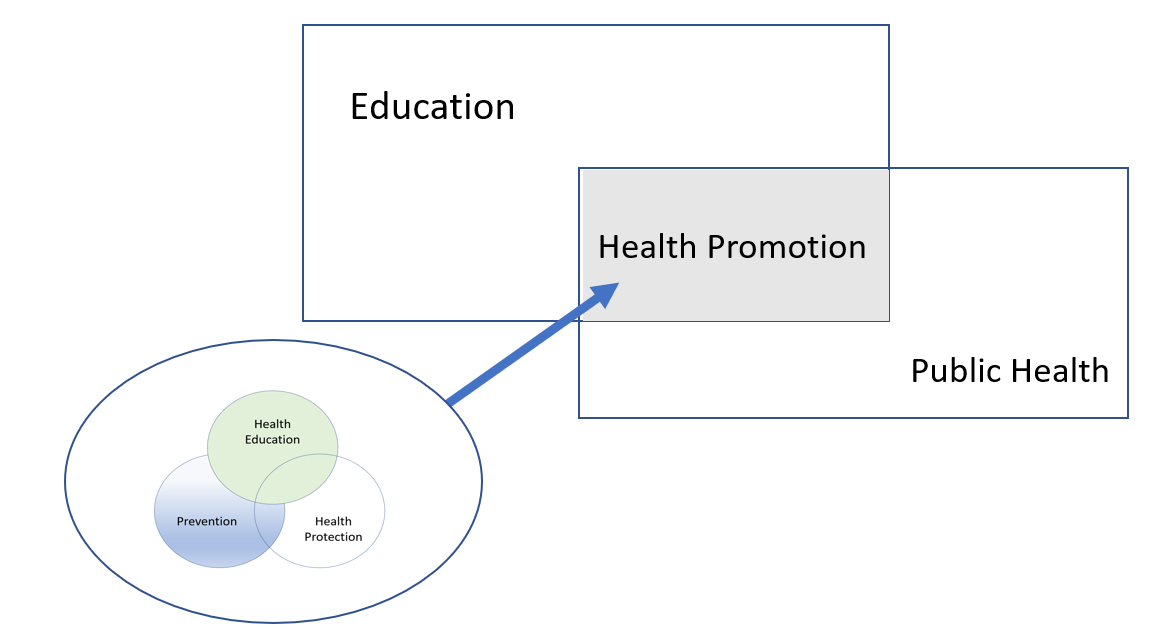

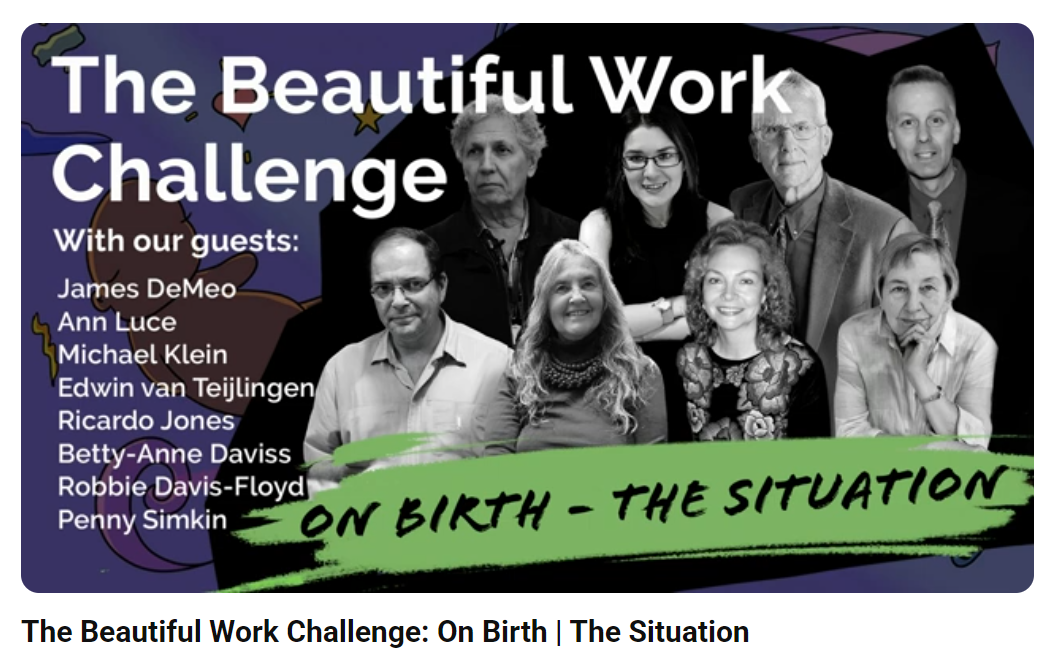

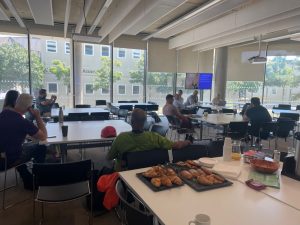

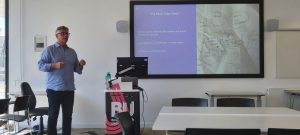
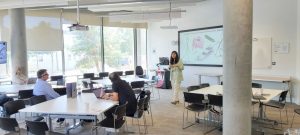
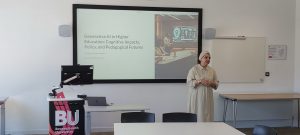
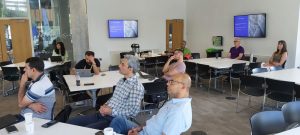

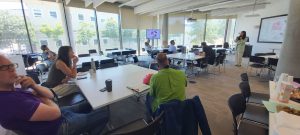
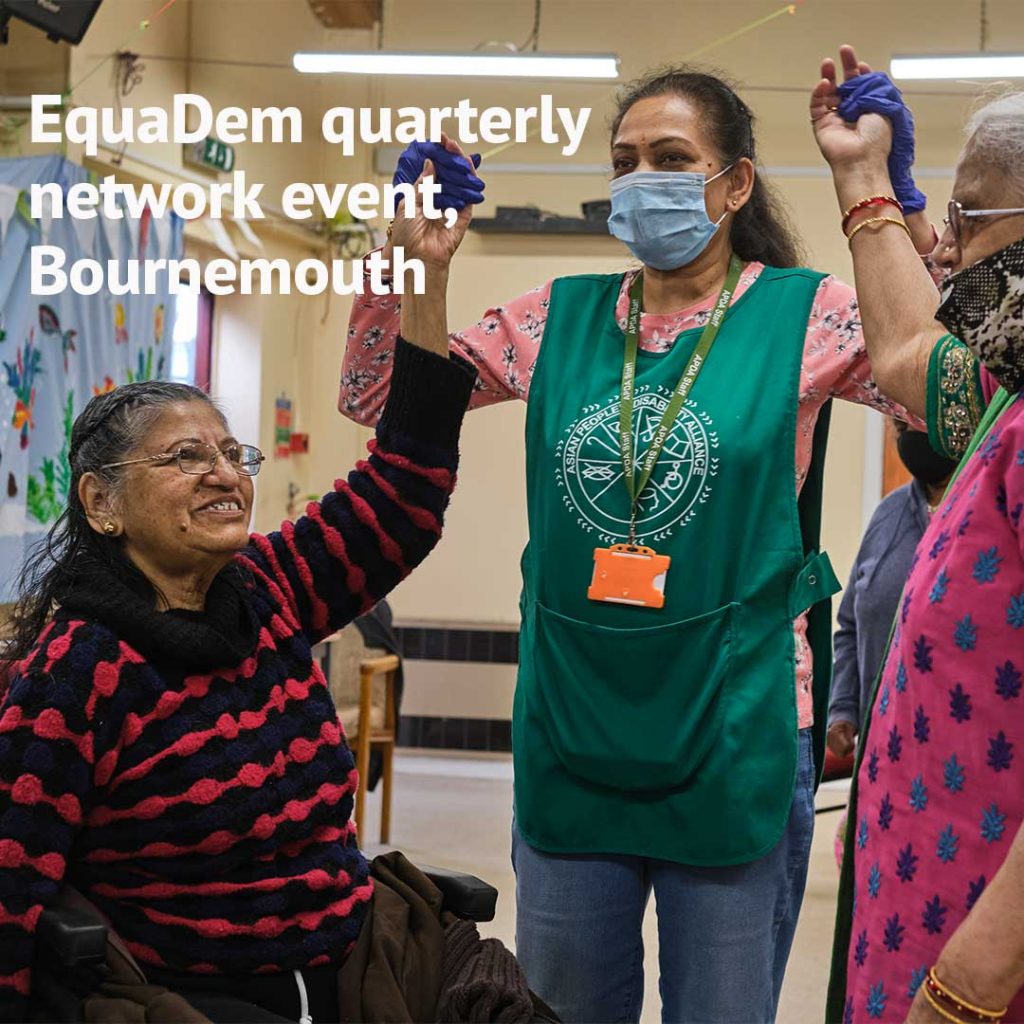


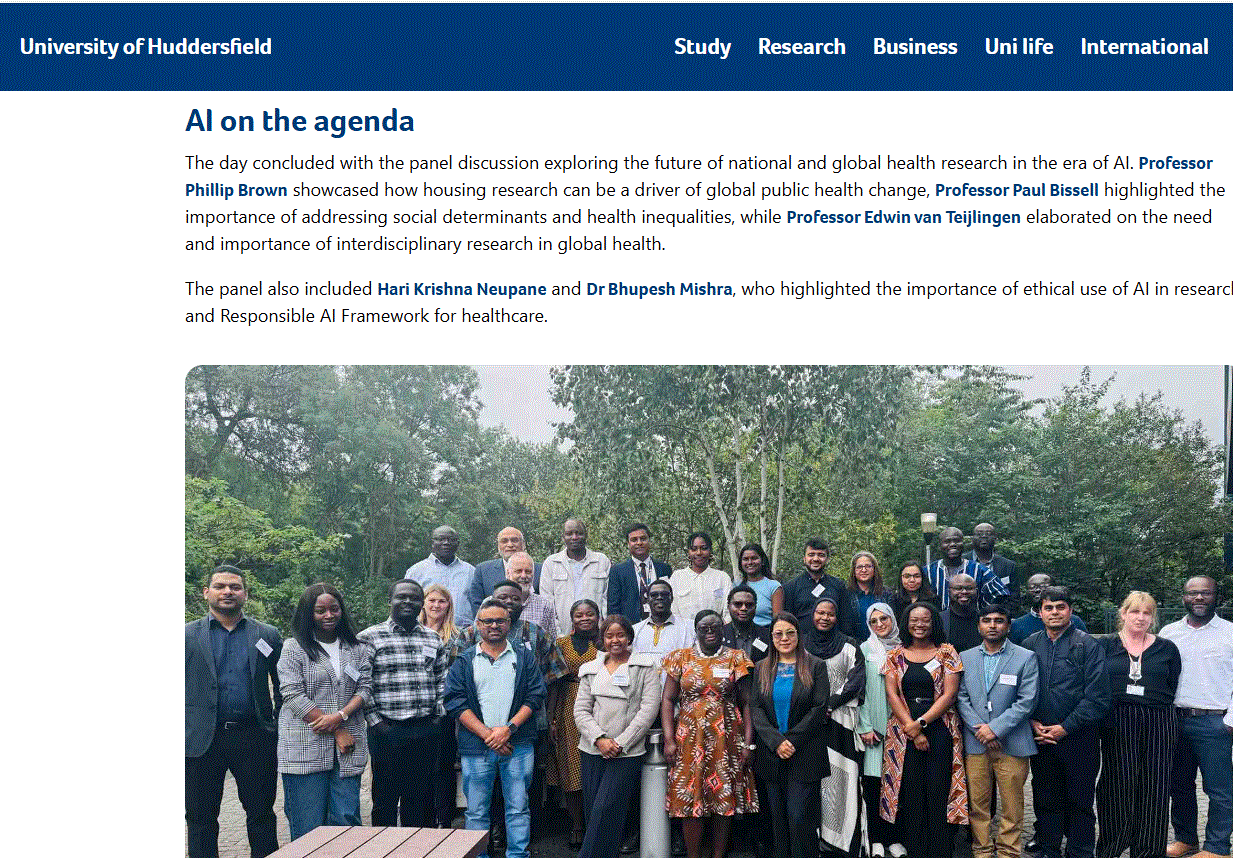
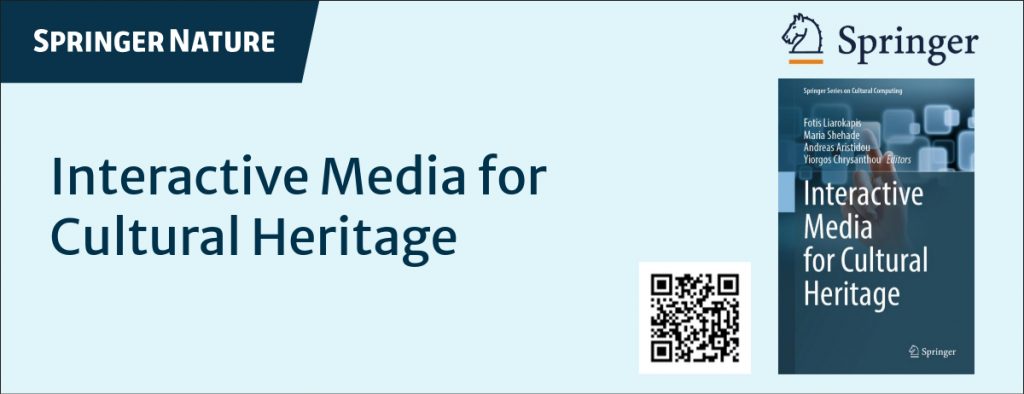 At the beginning of July, the chapter
At the beginning of July, the chapter  Among the featured case studies are three final year undergraduate student projects that were created at the National Centre for Computer Animation (NCCA) during the 2021/2022 academic year: two projects by Catja Larsson and one project by Ana-Maria-Cristina Ureche. Both alumni co-authored the chapter, demonstrating once again the excellent quality of work produced by NCCA undergraduates.
Among the featured case studies are three final year undergraduate student projects that were created at the National Centre for Computer Animation (NCCA) during the 2021/2022 academic year: two projects by Catja Larsson and one project by Ana-Maria-Cristina Ureche. Both alumni co-authored the chapter, demonstrating once again the excellent quality of work produced by NCCA undergraduates.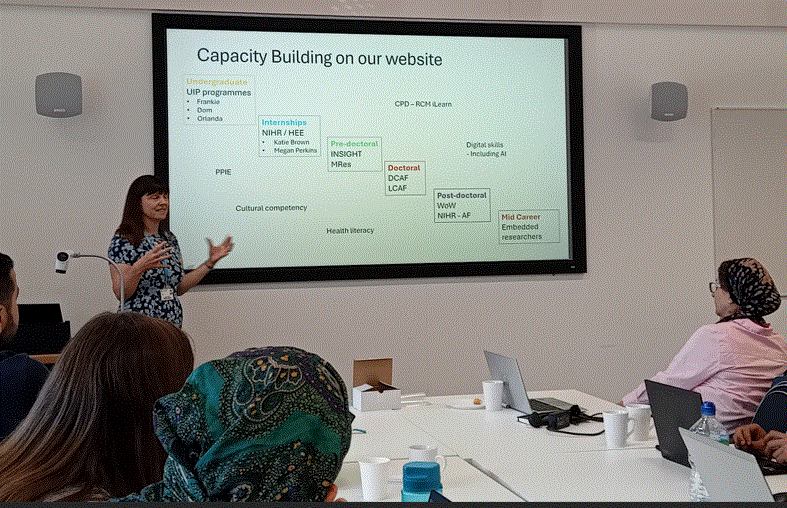


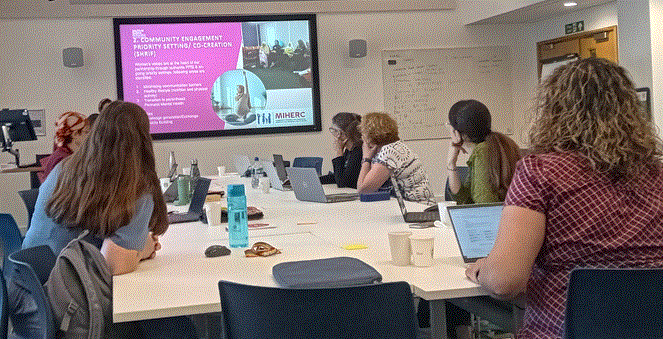
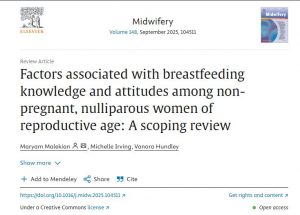 Malekian M, Irving M, Hundley V (2025) Factors associated with breastfeeding knowledge and attitudes among non-pregnant, nulliparous women of reproductive age: A Scoping review. Midwifery, vol 148, September, 104511
Malekian M, Irving M, Hundley V (2025) Factors associated with breastfeeding knowledge and attitudes among non-pregnant, nulliparous women of reproductive age: A Scoping review. Midwifery, vol 148, September, 104511
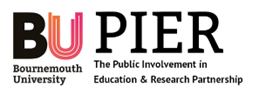
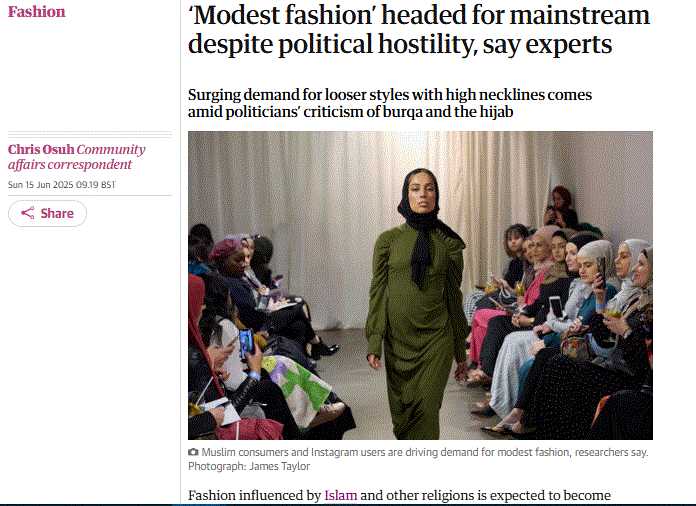
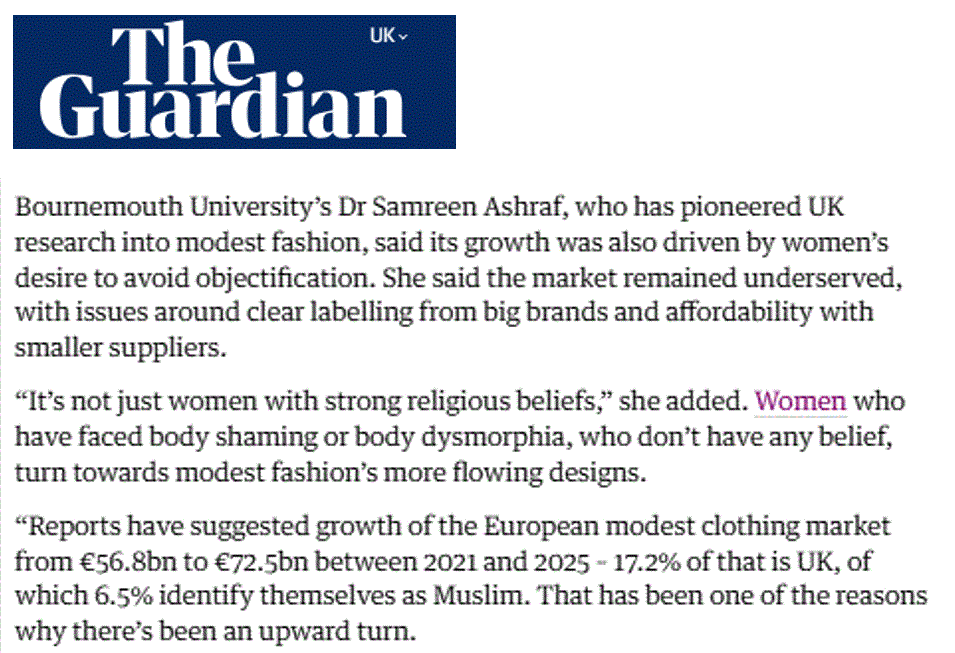
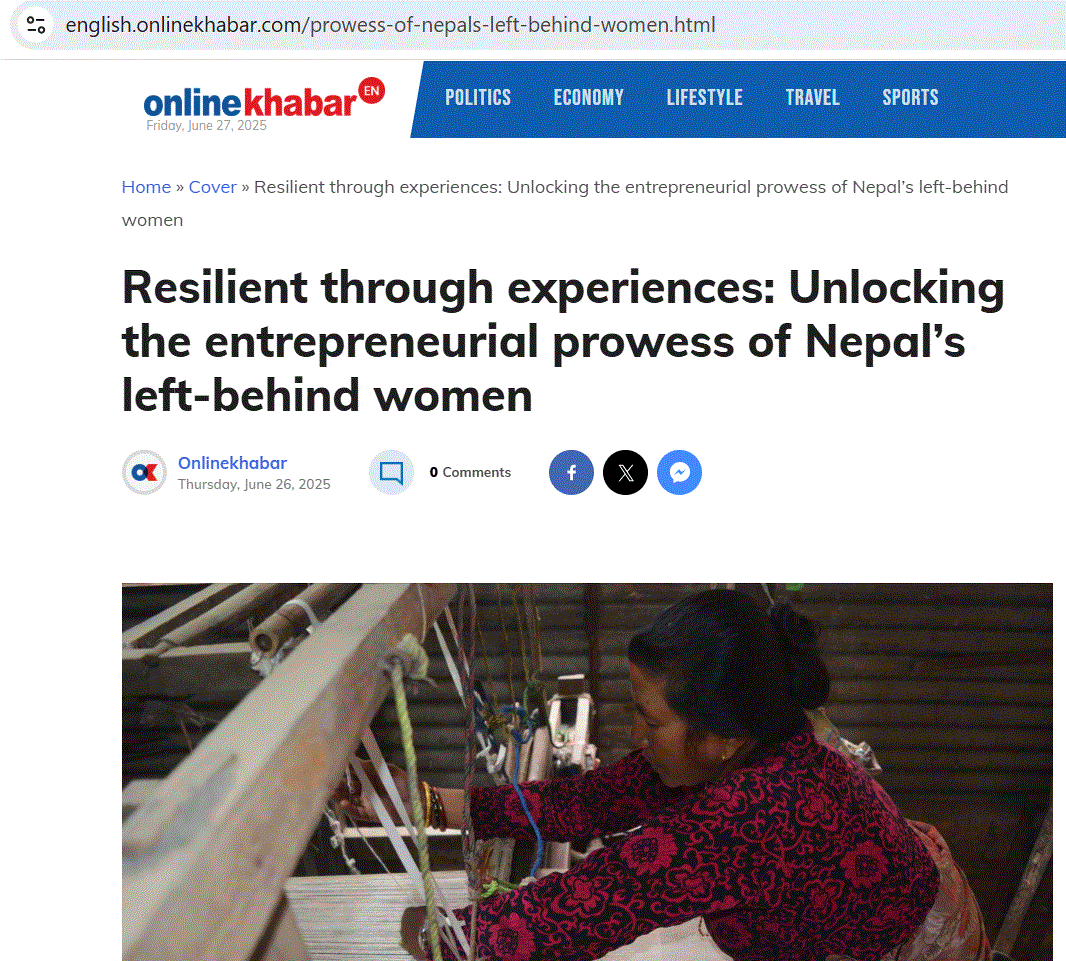
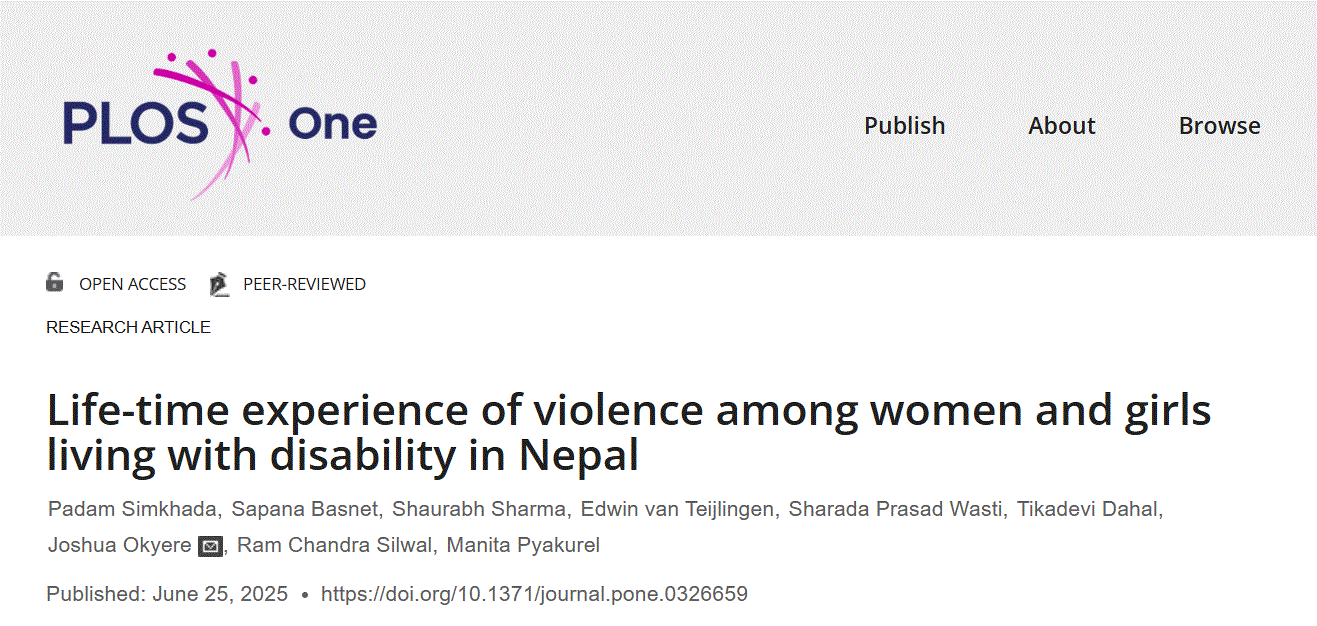
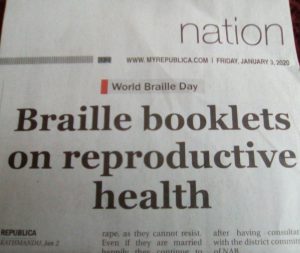
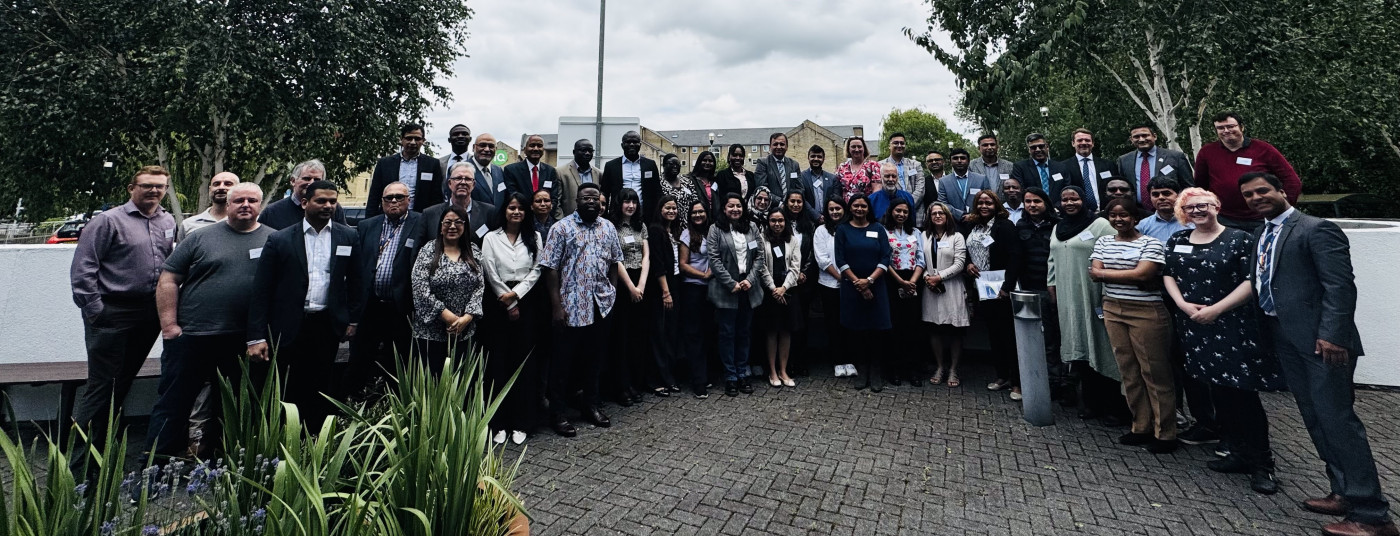
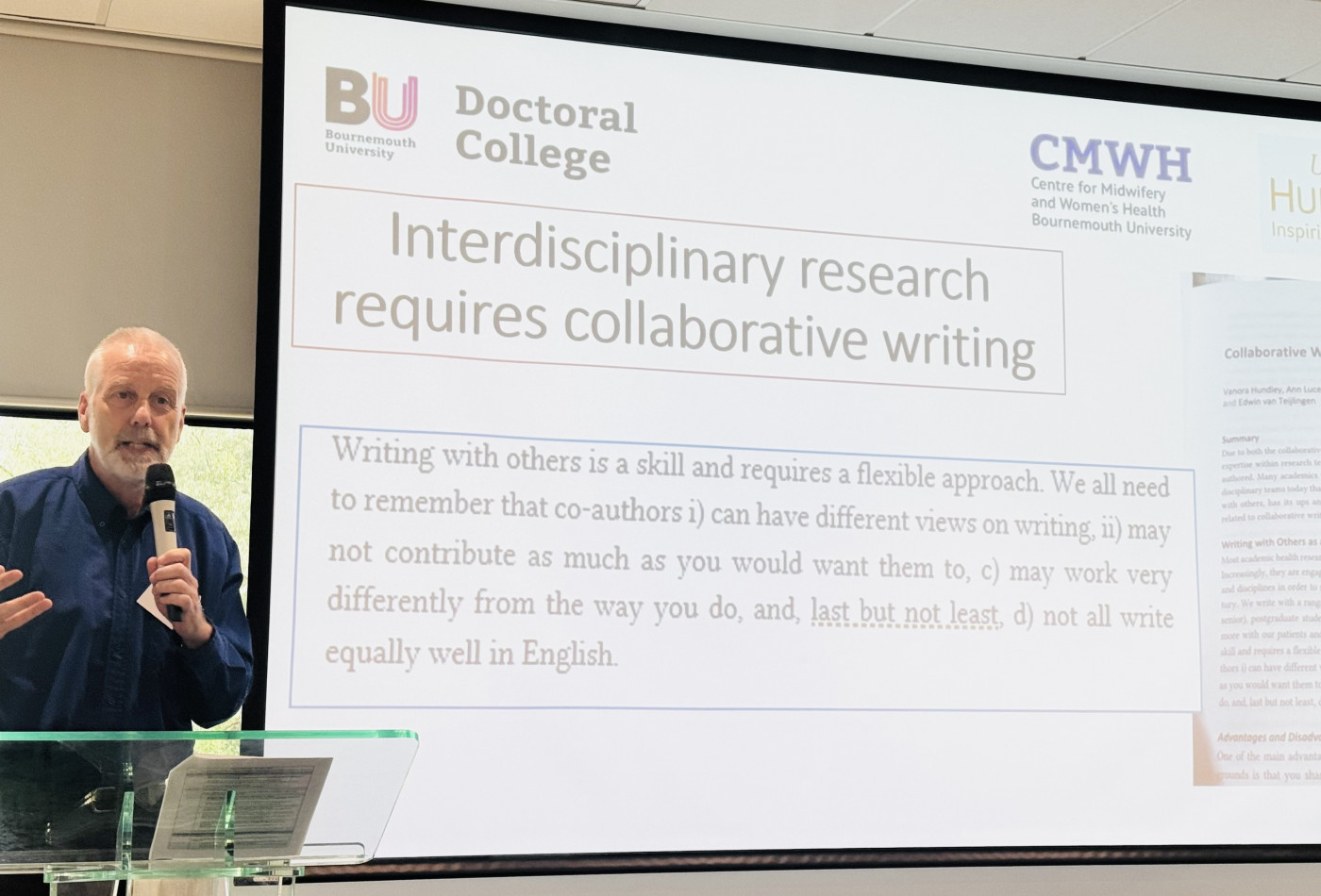
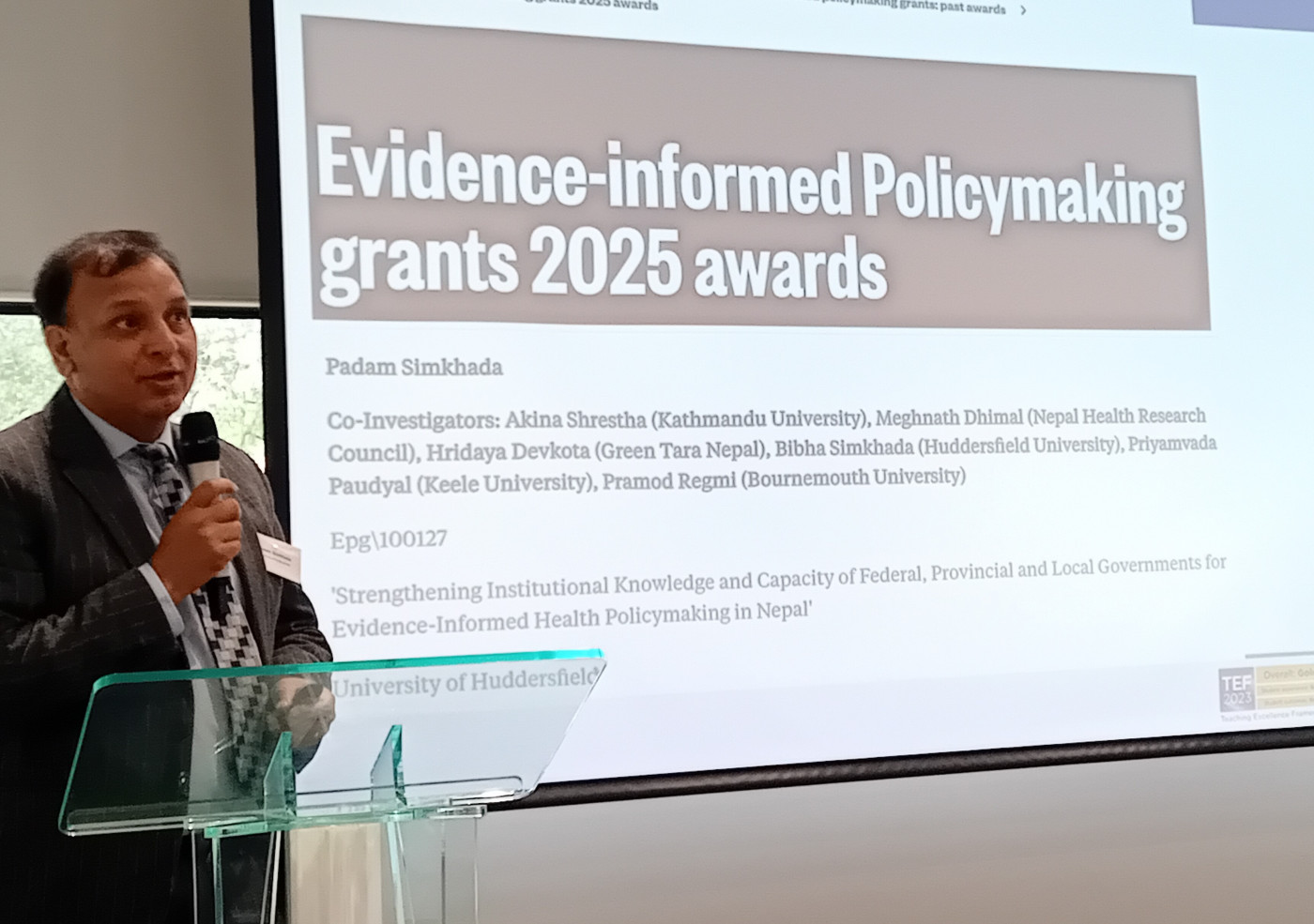











 REF Code of Practice consultation is open!
REF Code of Practice consultation is open! BU Leads AI-Driven Work Package in EU Horizon SUSHEAS Project
BU Leads AI-Driven Work Package in EU Horizon SUSHEAS Project Evidence Synthesis Centre open at Kathmandu University
Evidence Synthesis Centre open at Kathmandu University Expand Your Impact: Collaboration and Networking Workshops for Researchers
Expand Your Impact: Collaboration and Networking Workshops for Researchers ECR Funding Open Call: Research Culture & Community Grant – Apply now
ECR Funding Open Call: Research Culture & Community Grant – Apply now ECR Funding Open Call: Research Culture & Community Grant – Application Deadline Friday 12 December
ECR Funding Open Call: Research Culture & Community Grant – Application Deadline Friday 12 December MSCA Postdoctoral Fellowships 2025 Call
MSCA Postdoctoral Fellowships 2025 Call ERC Advanced Grant 2025 Webinar
ERC Advanced Grant 2025 Webinar Update on UKRO services
Update on UKRO services European research project exploring use of ‘virtual twins’ to better manage metabolic associated fatty liver disease
European research project exploring use of ‘virtual twins’ to better manage metabolic associated fatty liver disease
Explore our work, meet our partners, and find out how you can collaborate with us by clicking here! MIHERC is led by Sheffield Hallam University, with Bournemouth University as a key partner and the important funding coming from NIHR (National Institute for Health and Care Research) Maternity Challenge Initiative. The BU key academics are: Huseyin Dogan, Vanora Hundley, Edwin van Teijlingen, and Deniz Çetinkaya. Please share with all who may be interested.